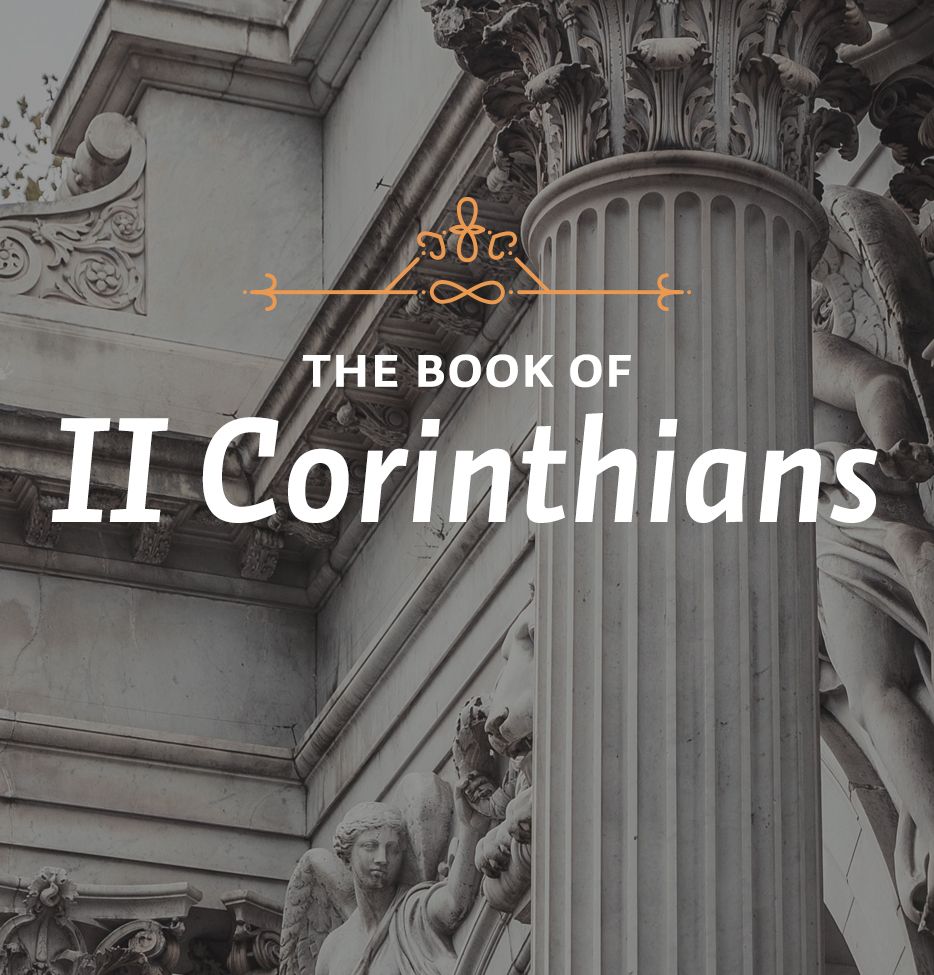Now Is the Time2 Corinthians 5:1 – 6:2Theme: The urgency of the Gospel.This week’s lessons remind us that we are not guaranteed a tomorrow.
LessonIn the opening section of 2 Corinthians 5, Paul wrote about the dissolution of his body, in other words, of his death. He explained that death comes sooner or later to everybody. In his case, he said, death would perhaps come sooner because of the kind of hardships he had endured. Our bodies are at best ragged tents, tents that are going to be folded up and put away one day. But the glory of the Christian hope is to know that when that tent is put away, we have an eternal dwelling made with God in heaven.
When I read Paul’s words, I puzzle over what he precisely had in mind. In drawing from the image of a tent, I think he might very well be thinking of the Feast of Tabernacles that commemorated the days of the Jewish wandering in the wilderness and the tents in which they lived. It was to remind them of that uncertain past before they actually came to possess the Promised Land. If Paul is thinking of that, then perhaps he is using that image to represent the individual experience of all believers. The days of this earthly life, the bodies that we have, are like that wandering in the wilderness. We have bodies, but they are passing away. They are temporary. That would be a cause for great dismay were it not for the fact that God is leading us to a Promised Land where one day we will have a city with permanent dwellings in which to dwell.
It may well be that Paul was also drawing on a broader experience of the people in that area of the world then, and also today. In T. E. Lawrence’s great classic, Seven Pillars of Wisdom, the author draws from his great experience with the Arab people, and the nature of their migrations around the Sinai Peninsula. Those migrations had been characteristic for centuries and are still in effect in our day as well.
Lawrence pointed out that the highlands of Judah, and especially the land that received the breezes from the Mediterranean where the rain fell, where crops grew, where trees existed at one time, was some of the best land. It is the land referred to in the Bible as the land flowing with milk and honey. The best and strongest tribe always inhabited that area. But if over a period of generations a strong tribe should weaken, become decimated by famine, or plague, there would always be a stronger tribe that would come along. The stronger tribe would push the weaker tribe out and take the better land.
When that happened, the tribe that was pushed out would move a little bit further south to land of slightly less quality, displacing the people who lived there. The displaced people would, in turn, move on further south, and displace the people there, and so on it would go. This movement would continue down around the Sinai area, around the great desert and back up the other side until, at the very end of this sequence of migrations, the people farthest south were virtually forced out into the most arid desert country. As a result, those people became the Bedouins, and lived in tents.
All of that, of course, makes perfect sense. It may well be that that is the kind of thing that Paul is drawing on, even if not quite so specifically. However, it is the emotional aura of the desert experience that Paul drew from, here in 2 Corinthians. His point is that this world is not our home. We are only pilgrims in it while we are pressing on to the heavenly city.
Study Questions
What did the Feast of Tabernacles commemorate?
According to Dr. Boice, what is symbolized in Paul’s reference to “tents”?
Further StudyLocate a map of the Middle East as it existed in Bible times. Locate Damascus, Judah, and other regions that Dr. Boice mentioned today and trace the migrations made by the Arab people.






